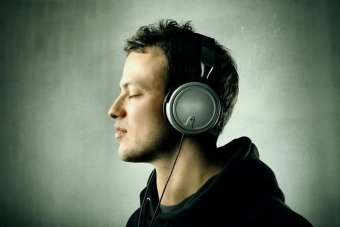Listening to music before, during and after surgery reduces patients’ pain, eases anxiety and lessens the need for painkillers, British scientists said.
After reviewing evidence from around 7,000 patients, scientists said patients going for surgery should be allowed to choose the music they would like to hear to maximise the benefit.
But they also warned that the music should not interfere with the medical team’s communication during an operation.
Dr Catherine Meads from Brunel University, who co-authored the research, said music should be available for patients undergoing surgery.
“Music is a non-invasive, safe and cheap intervention that should be available to everyone undergoing surgery,” she said.
The team conducted a meta-analysis of all published randomised trials, looking at how music compares with standard care or other non-drug interventions such as massage and relaxation in affecting recovery of adults after operations.
The results, published in The Lancet journal, found patients were significantly less anxious after surgery and reported more satisfaction after listening to music.
They also needed less pain medication and reported less pain compared with controlled subjects.
While the study found listening to music at any time seemed effective, there was a trend for better outcomes if patients listened to music before surgery rather than during or after surgery.
There was a slightly greater reduction in pain and in use of pain relief when patients selected their own music.
Dr Martin Hirsch of Queen Mary University of London, co-author of the study, said that it has been well-known since the time of Florence Nightingale that listening to music has a positive impact on patients.
“However, it’s taken pulling together all the small studies…into one robust meta-analysis to really prove it works,” he said.
Paul Glasziou of Australia’s Bond University said the results held a clear message.
“Music is a simple and cheap intervention,” he wrote in The Lancet.
“A drug with similar effects might generate substantial marketing.”
The team now plans to follow up with a pilot scheme introducing music at The Royal London Hospital for women having caesarean sections and hysteroscopy.
Patients will submit their playlist on their chosen device to be connected to a pillow with inbuilt loudspeakers.
Researchers will then analyse the effectiveness of rolling this out in practice.

